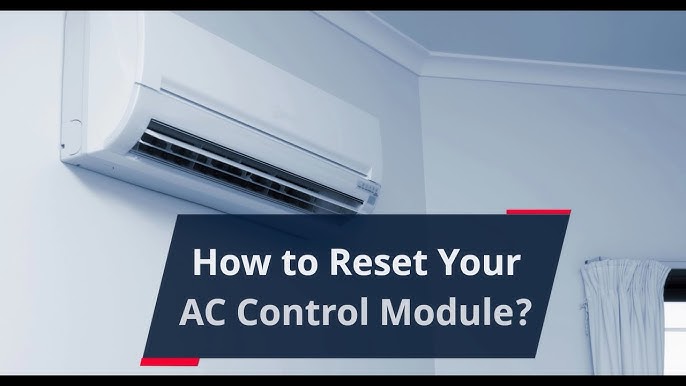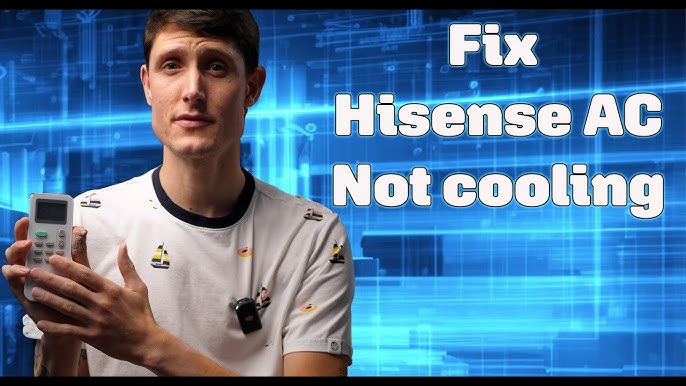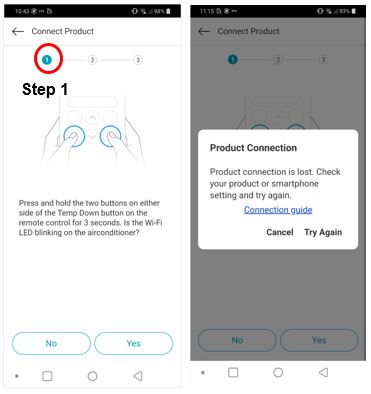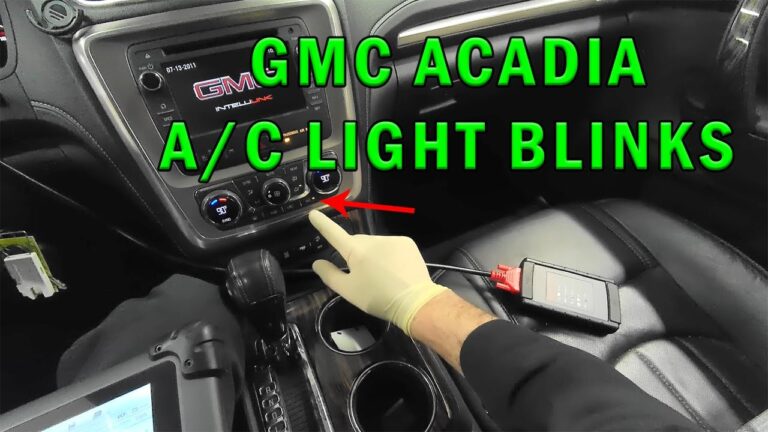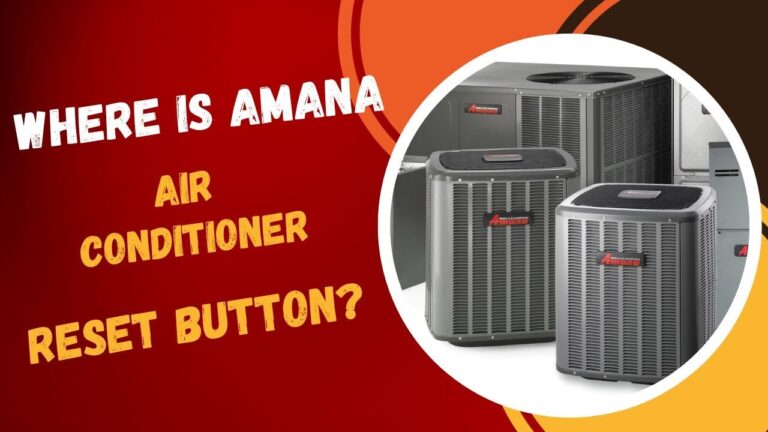The Shocking Truth Behind Why Your AC Turns Hot While Accelerating!
Driving on a hot day with the AC on feels great. But what if the AC turns hot when you accelerate? This is a common problem. Let’s find out why this happens.
How Car AC Works
First, let’s understand how your car’s AC works. The AC has several parts. These parts work together to cool the air inside your car.
Parts Of Car Ac
- Compressor: Compresses the refrigerant and sends it to the condenser.
- Condenser: Cools down the refrigerant and turns it into a liquid.
- Evaporator: Turns the liquid refrigerant into gas, cooling the air.
- Expansion Valve: Controls the flow of refrigerant into the evaporator.
- Refrigerant: The fluid that cools the air.
These parts need to work well together. If one part is not working, the AC may turn hot.
Reasons Why AC Turns Hot When Accelerating
1. Low Refrigerant Levels
The refrigerant cools the air. If the refrigerant is low, the AC may not cool well. When you accelerate, the AC may turn hot.
2. Faulty Compressor
The compressor pumps the refrigerant. If the compressor is bad, the refrigerant may not flow well. This can make the AC turn hot when you accelerate.
3. Dirty Condenser
The condenser cools the refrigerant. If the condenser is dirty, it cannot cool well. This can cause the AC to turn hot when you drive fast.
4. Electrical Problems
Car AC has many electrical parts. If there is a problem with the wiring or fuses, the AC may not work well. This can make the AC turn hot when you accelerate.
5. Engine Overheating
When the engine gets too hot, it can affect the AC. If the engine is overheating, the AC may blow hot air when you accelerate.
6. Faulty Blower Motor
The blower motor pushes the cool air into the car. If the blower motor is not working well, you may feel hot air when you accelerate.
How to Fix the AC Problem
1. Check Refrigerant Levels
Check the refrigerant levels. If it is low, refill it. This can help the AC cool better.
2. Inspect The Compressor
Have a mechanic check the compressor. If it is faulty, replace it. This can help the AC work well again.
3. Clean The Condenser
Check the condenser for dirt and debris. Clean it if it is dirty. This can help the AC cool better.
4. Check Electrical Connections
Inspect the electrical connections. Look for loose or damaged wires. Fix any issues you find. This can help the AC work well.
5. Monitor Engine Temperature
Check the engine temperature. If it is too hot, find out why. Fix the problem. This can help the AC work well when you accelerate.
6. Test The Blower Motor
Have a mechanic check the blower motor. If it is faulty, replace it. This can help the AC blow cool air when you accelerate.

Credit: www.amazon.com
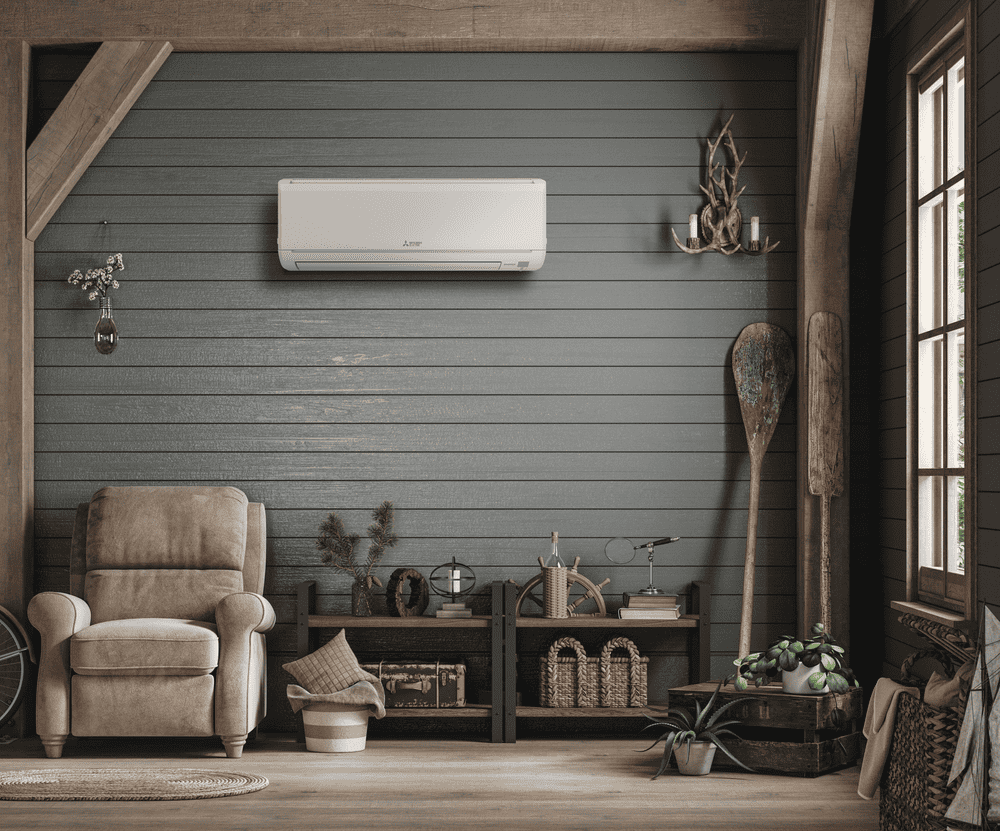
Credit: www.richaircomfort.com
Prevent AC Problems
Prevention is better than cure. Here are some tips to prevent AC problems.
Regular Maintenance
Get your car’s AC checked regularly. This can help find and fix problems early.
Keep The Condenser Clean
Check the condenser for dirt and debris. Clean it regularly. This can help the AC work better.
Check Refrigerant Levels
Check the refrigerant levels often. Refill it if it is low. This can help the AC cool better.
Monitor Engine Temperature
Keep an eye on the engine temperature. If it gets too hot, fix the problem. This can help the AC work well.
In conclusion, there are many reasons why your car’s AC may turn hot when you accelerate. Understanding these reasons can help you fix the problem. Regular maintenance and checks can prevent AC problems. Enjoy a cool ride even on hot days!
Frequently Asked Questions
Why Does My Ac Blow Hot Air When Accelerating?
Your AC might blow hot air due to engine overheating or low refrigerant levels. Check both for issues.
Can A Bad Compressor Cause Ac To Blow Hot?
Yes, a failing compressor can cause your AC to blow hot air. It’s essential to get it checked.
Is It Safe To Drive With The Ac Blowing Hot?
Driving with hot AC is safe but uncomfortable. However, it might indicate an underlying issue needing attention.
How Can I Fix My Car’s Ac Blowing Hot Air?
Check for refrigerant leaks, clean the condenser, or consult a mechanic for a detailed inspection.

